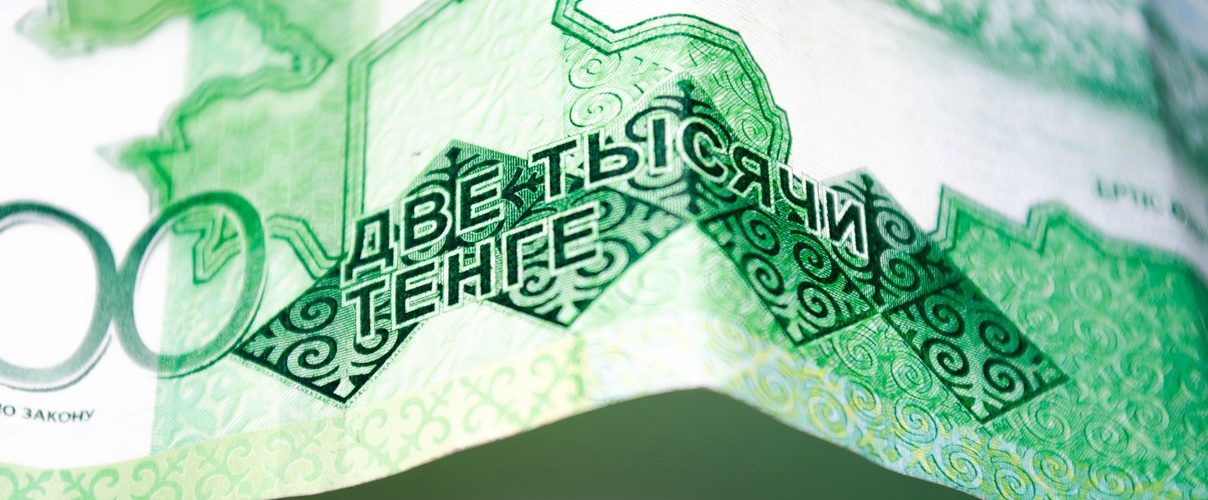- In 2024, the Committee for State Revenue of the Ministry of Finance of Kazakhstan identified over 2,000 taxpayers issuing invoices without actual delivery of goods or services, totaling over 300 billion tenge.
- Examples include a farm in Abay region using fake invoices to sell 2,000 tons of sunflower seeds despite having only 10 hectares of land, and a company registered less than a month ago issuing invoices for English language courses worth 3.5 billion tenge.
- To protect legitimate businesses, the Committee is implementing preventive measures based on digital solutions, including biometric identification for issuing electronic invoices.
- The new Tax Code plans to introduce an automated electronic invoice control system called “e-Тамга” to improve VAT administration.
- “e-Тамга” will analyze data in real time and calculate the taxpayer’s VAT balance.
- If an invoice is not supported by legal expenses, it can only be issued after paying the tax.
- This approach will prevent fake transactions and will be applied to high-risk taxpayers, without restricting legitimate participants.
Source: uchet.kz
Note that this post was (partially) written with the help of AI. It is always useful to review the original source material, and where needed to obtain (local) advice from a specialist.















